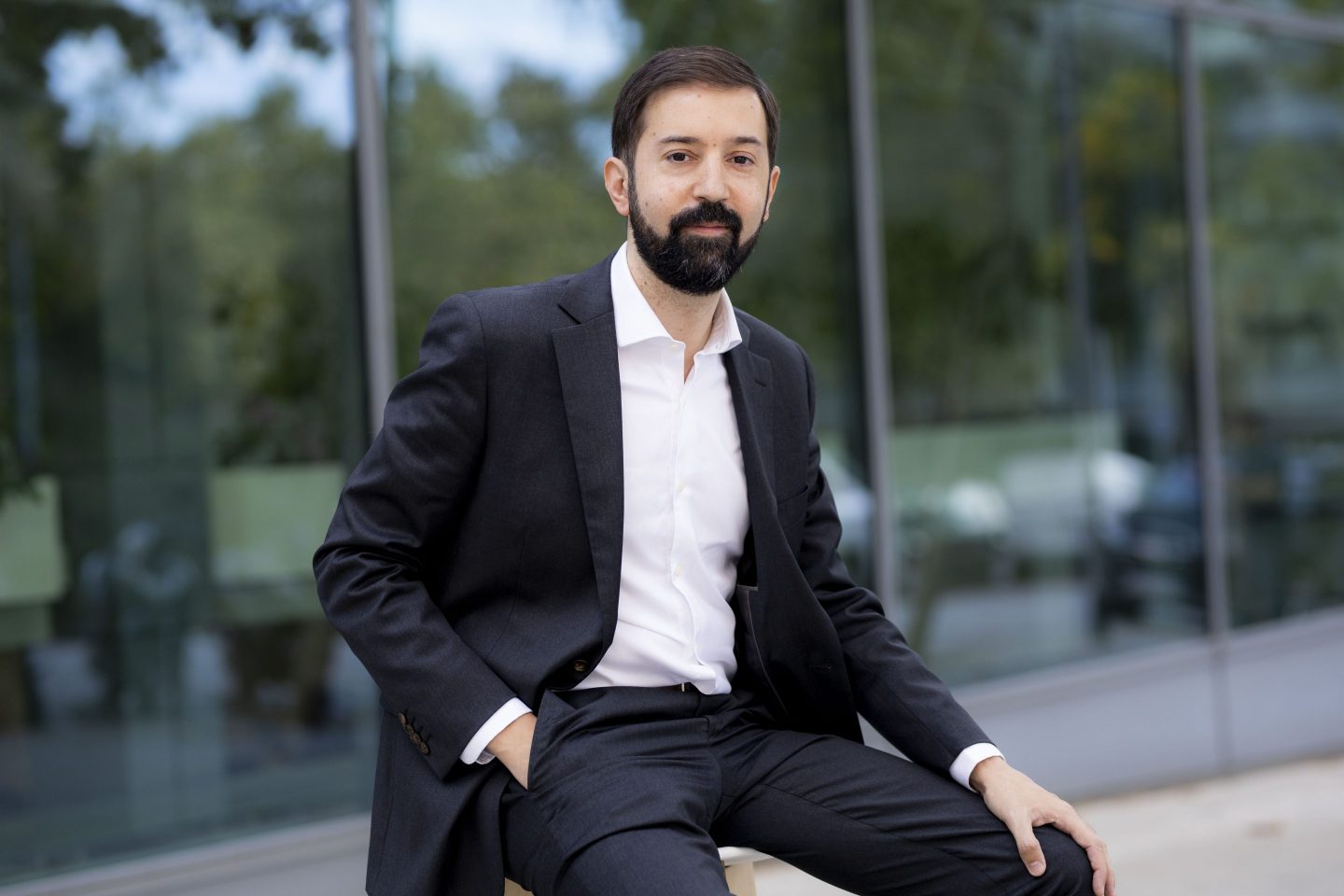Will AI Make Business Consultants Obsolete
As AI automates critical business functions, the role of consultants may be at risk. But will they be replaced entirely?

David Pereira, the head of generative AI for Europe and Latin America at consulting and IT services firm NTT Data, believes AI is both a boon and a potential threat to the consulting industry.
The Dual Impact of AI on Consulting
AI is rapidly transforming business operations, automating tasks that were once the domain of human consultants. From software development to market research, AI tools are accelerating processes and reducing the need for manual intervention. However, this shift raises a critical question: Will consultants become obsolete?
The Consultant's New Role
Pereira acknowledges that AI is a powerful ally for consultants, enabling them to deliver insights and solutions faster than ever before. For example:
- Faster software development: AI can generate code, test applications, and identify bugs in a fraction of the time it takes humans.
- Enhanced research capabilities: AI-powered tools can analyze vast datasets, uncovering trends and opportunities that might otherwise go unnoticed.
The Threat to Traditional Consulting
Despite these advantages, AI also poses a significant challenge to the consulting business model. As companies increasingly rely on AI for decision-making, the demand for human consultants could decline. Pereira warns that firms must adapt or risk being sidelined.
The Future of Consulting
The consulting industry is at a crossroads. While AI offers unprecedented efficiency, it cannot yet replicate the nuanced judgment and interpersonal skills of human consultants. The key to survival may lie in integrating AI as a tool rather than viewing it as a replacement.
Courtesy of NTT Data
Related News
AWS extends Bedrock AgentCore Gateway to unify MCP servers for AI agents
AWS announces expanded Amazon Bedrock AgentCore Gateway support for MCP servers, enabling centralized management of AI agent tools across organizations.
Jagged AI Already Disrupting Jobs Despite AGI Remaining Distant
Enterprise AI adoption focuses on real-world returns with 'jagged' systems, driving productivity gains but leading to white-collar job cuts across industries.
About the Author

David Chen
AI Startup Analyst
Senior analyst focusing on AI startup ecosystem with 11 years of venture capital and startup analysis experience. Former member of Sequoia Capital AI investment team, now independent analyst writing AI startup and investment analysis articles for Forbes, Harvard Business Review and other publications.